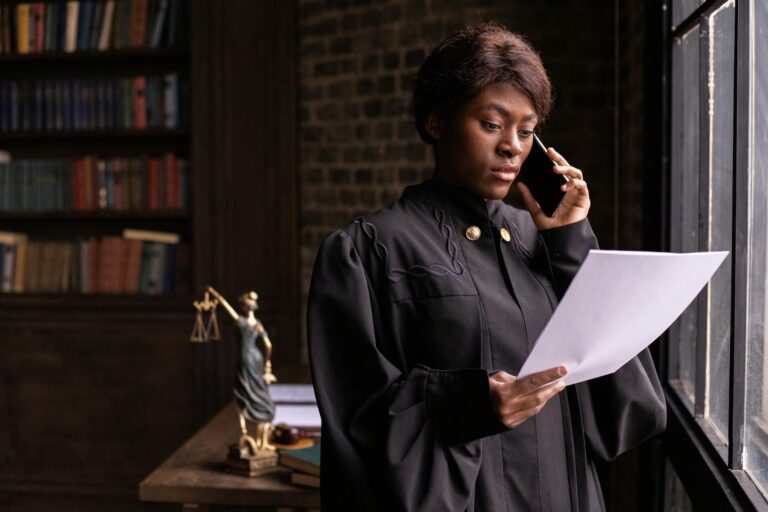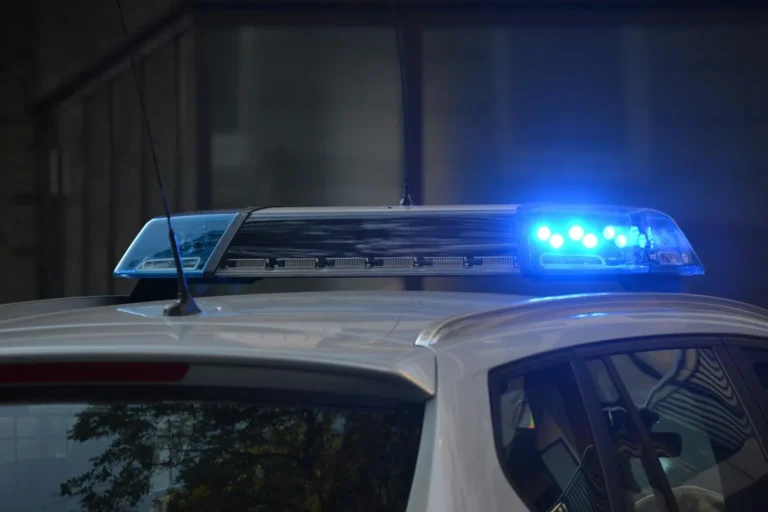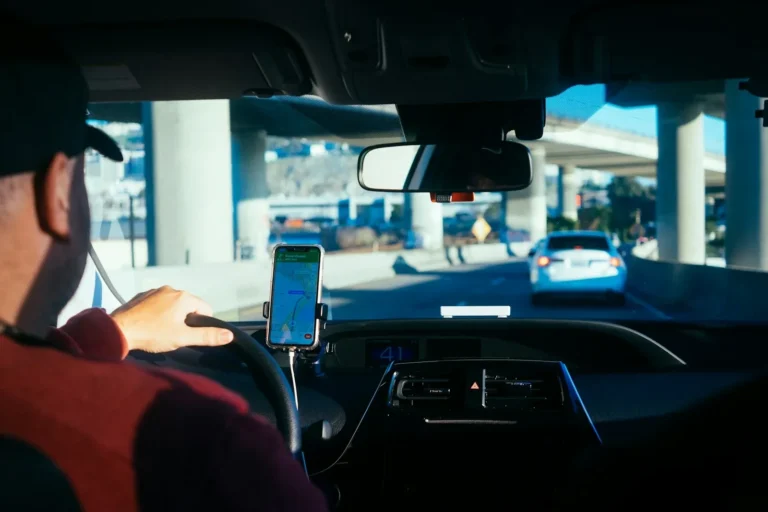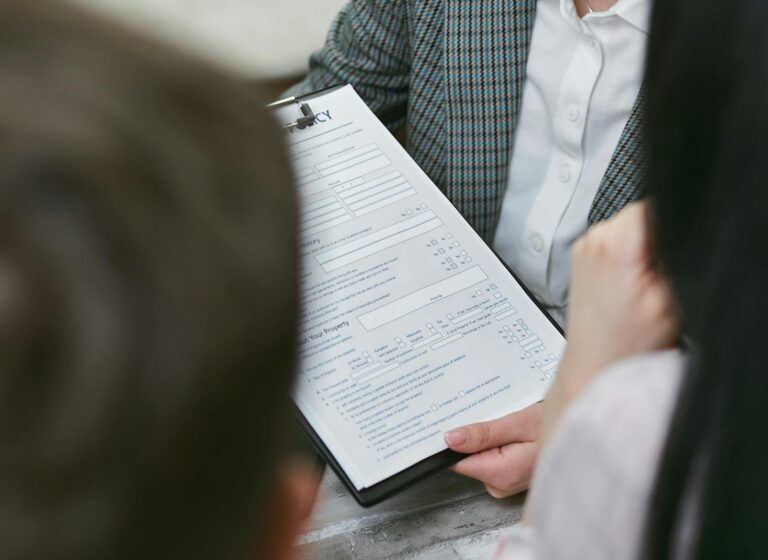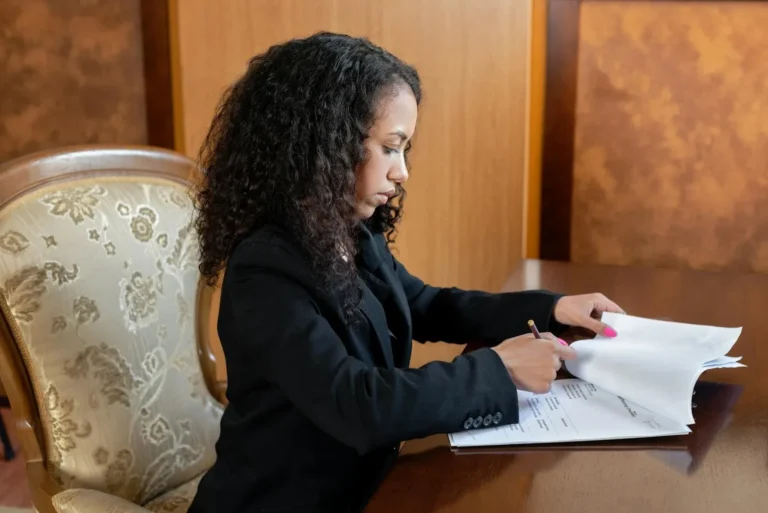Child Testimony for Conviction: Is It Enough?
At ReedsAndReeds, we often get asked if a child’s testimony alone can convict someone. This question is crucial in many divorce and custody battles. While children’s words hold weight, the legal nuances can be confusing. Let’s dive deep into this important topic to uncover the facts.
As stated in the National Criminal Justice Reference Service, a child’s testimony can be enough to convict someone if it is deemed credible. The judge or jury considers the child’s ability to understand and recount events accurately. Additional evidence is often sought to support the child’s testimony.
Can a Child Testify in Court?
Yes, children as young as three years old have been permitted to testify in court.
So to speak, when deciding if a child can testify in court, there are several things to think about. These include the child’s age, how mature they are, and if they can understand and talk clearly about what happened. The court will also look at how the child knows the people involved in the case and whether testifying might harm the child’s feelings or mind.
At its simplest, sometimes a child might be allowed to testify using a TV link or with a helper from the court to keep them safe.
Child Testimony: Legal Standards
Child testimony in legal cases requires adherence to specialized standards to ensure accuracy and reliability.
Largely these rules can differ based on the location and type of case, but they are generally used to make sure that a child’s testimony is trustworthy.
One important rule is competency. This means checking if the child understands the need to tell the truth and can describe their experiences accurately. Judges might ask the child questions or use a psychologist to help assess this.
Another rule involves an oath or affirmation, where the child promises to tell the truth while testifying. This is to highlight how important honesty is in the courtroom.
Corroboration is also a key rule.All in allit checks if what the child says matches other evidence in the case, like medical records, witness statements, or physical evidence. This helps ensure their testimony is consistent and believable.
There are also rules about leading questions, which are questions that hint at a specific answer. These are usually not allowed when questioning children to avoid influencing their answers.
In general, these legal standards for child testimony try to balance getting accurate information with protecting the child. Judges and lawyers need to carefully follow these rules to ensure a fair trial.
Evaluating Truthfulness of Child Testimony
In the preceding section child testimony’s truthfulness involves nuanced psychological assessments.
To simplify, kids might have a hard time remembering and talking about events correctly because of things like being easily influenced, having limited memory, and wanting to make adults happy. It’s important for grown-ups to be careful and think critically when listening to what kids say, but also to understand that kids can give useful information about what they went through. Using methods like asking open-ended questions, interviewing them more than once, and speaking in words that are easy for them to understand can help kids share more accurate and trustworthy details.
So to speak, also, it’s key to think about the situation in which the kid is sharing their story since things like trauma, fear, and stress can affect what they say. Working with specialists like child psychologists or forensic interviewers can also help judge how reliable a child’s testimony is.
Age and Competence of Child Witness
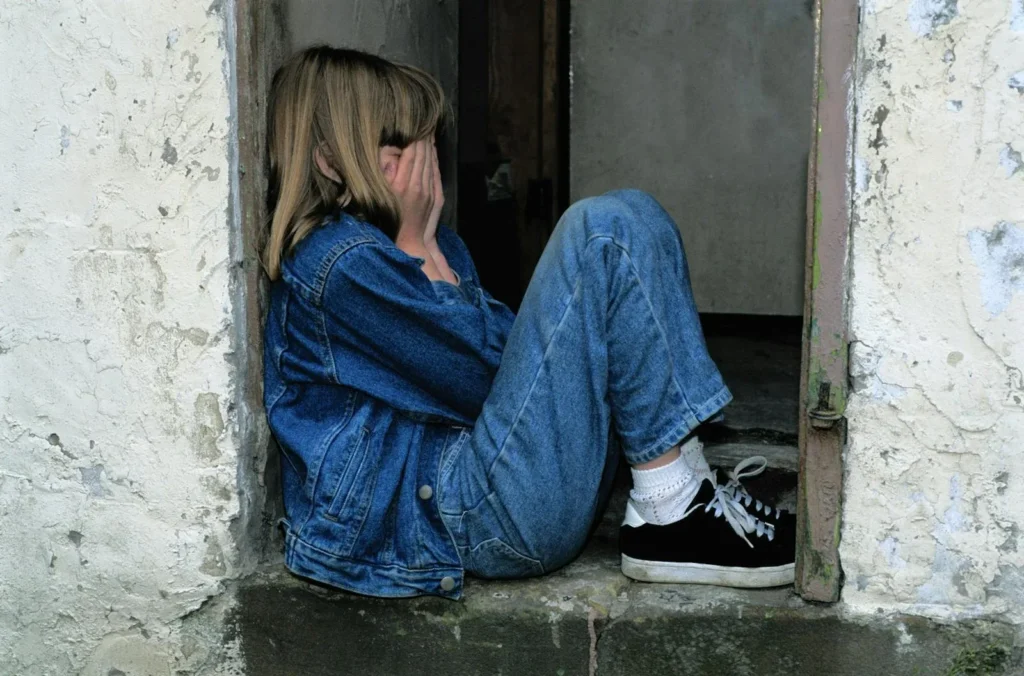
As we summed up before, younger children often have varying levels of competence as witnesses, influenced by their developmental stage.
You know, younger children might find it hard to understand and remember details of events. As they grow older, their thinking and memory get better, making them more reliable as witnesses.
Lawyers and judges should evaluate if a child can be a good witness by looking at their age, maturity, and how well they can talk about what happened. At the base studies show that even children as young as 4 or 5 can give trustworthy testimony if interviewed in the right way by someone who is skilled in talking with kids.
Courts also look at other things when deciding if a child can be a witness, like whether something might have influenced what they say.
Impact of Child Testimony on Verdict
In the context of what was mentioned child testimony can sway jury decisions dramatically, often carrying as much weight as adult testimony.
It seems that, children’s statements in court are often questioned because they can be easily influenced, may have memory gaps, and usually understand legal matters less. Despite this, their testimonies can be very convincing, especially in abuse cases.
Jurors might believe a child’s story out of sympathy or because they see the child as vulnerable. Conversely, some jurors might doubt what the child says and dismiss it altogether.
Legal professionals need to carefully check if a child’s testimony is suitable and reliable. So to speak, they should consider the child’s age, mental ability, and any outside influences that could change what the child remembers or says. Child psychology and forensic experts can offer helpful insights into how trustworthy a child’s testimony might be.
The Closing Remarks
As highlighted before in the end, while child testimony can be compelling and provide valuable evidence in a case, it should not be the sole basis for convicting someone.
What ReedsAndReeds is pushing for keeping is, due to the potential for suggestibility and lack of understanding, children’s testimony must be carefully evaluated and corroborated with other evidence to ensure a fair and just legal process.
Trending Articles
Legal matters involving children—whether in criminal or family court—are always sensitive and complex. If you’re also dealing with family changes such as divorce, having access to the right support and services can ease the burden.
- Read more about the best online divorce services for a smooth and affordable process.
- Learn more about online divorce platforms designed for couples with children in Georgia.



